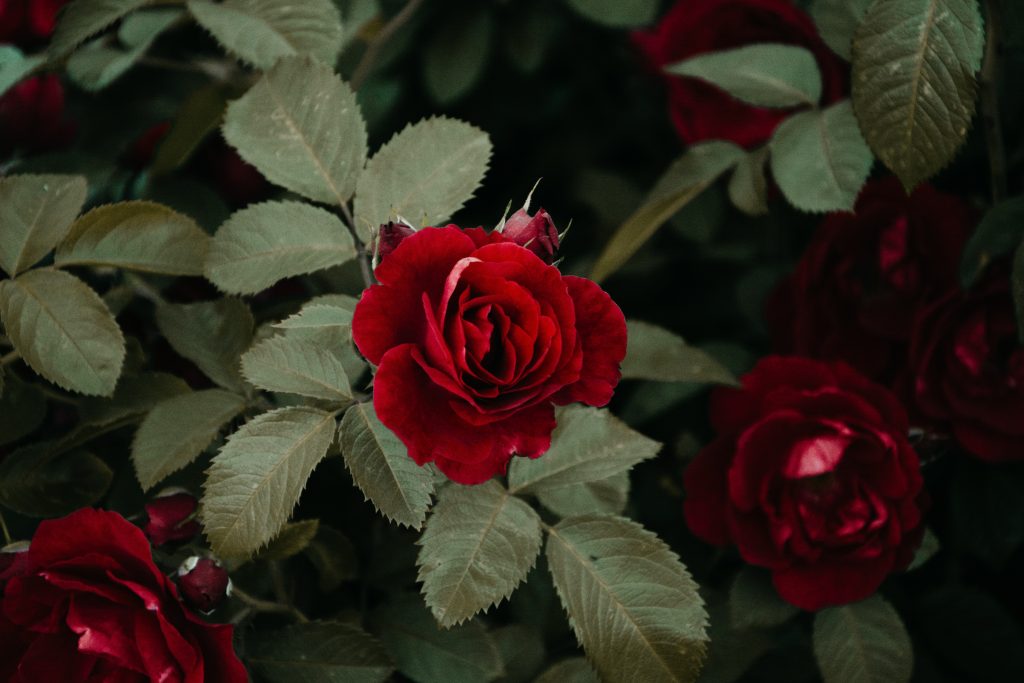Producer and supplier
Growing Roses: Do’s and Don’ts


Residential
Topsoil delivered to your home in small or large quantities
Quality landscaping products designed and manufactured to the highest standard to make your garden not only beautiful but affordable. Simply choose your desired products from our extensive range and we will deliver straight to your door through bulk bag or loose load.

Commercial / Landscaping / Retail
Fast, easy delivery for your commercial project
For our commercial customers we offer our full range of products in bulk. We offer several different delivery options for our commercial customers ranging from a single bulk bag to artic deliveries. Our clients include local authorities, house builders, commercial landscape contractors & the environment agency.
Growing Roses: Do’s and Don’ts
British gardeners are caught in a centuries-old love affair with Roses. The staple shrub of a quintessential English country garden, these timeless beauties have never gone out of fashion. But for all the nostalgic romanticism they bring to the garden, Roses have earned a reputation for being notoriously delicate and finicky to maintain. You might be surprised to learn that growing and caring for roses is actually quite straightforward. Here are the Dos and Don’ts of growing effortlessly beautiful roses.

Do
Chose a rose that matches the garden, and the gardener!
There are over 300 species of Rose, and many thousands more hybridisations and cultivars, each with a unique set of requirements. Select a rose whose requirements match your skill level and the maintenance levels that you can commit to, as well as the conditions of your garden. If can’t dedicate much time to your rose, opt for a self-cleaning variety that won’t need deadheading. If you have poor quality soil, choose a robust, tolerant Rose. If your garden is shady, choose a floribunda variety that will bloom abundantly even in partial shade.
Prune and Deadhead
For roses to flower prolifically and plentifully, deadheading is essential for most varieties. Removing faded flowers periodically encourages new flowers to grow in their place, prolonging the flowering period throughout summer and long into autumn.
Roses should be pruned back once a year in spring. This helps keep them neat and promotes dense new growth for the season to come. Removing old stems will redirect the plants’ energy into new shoots and buds for lush foliage and abundant flowers. Don’t be shy with the shears! The more you prune, the more vigorously your rose will grow.
Feed and Mulch
Another surefire way to ensure plenty of flowers on your rose is by monthly feeding throughout the growing season. Use fertilisers that are tailored to Roses for best results, and stop fertilising in mid to late September to allow the plant to go into dormancy.
Mulch your roses in spring and autumn using manure or bark chippings to retain water, prevent weeds, and add extra nutrition to the soil. Additionally, it’s always a good idea to improve the soil before planting your Rose by working in plenty of organic matter. This not only delivers slow-release nutrients to your Rose but also improves drainage and aeration.
Don’t
Choose the wrong location
When selecting a position for your rose, consider its growth habit. Climbing roses need plenty of support and should be trained up a nearby trellis, wall, or fence. Shrub roses have a more compact growth habit and are well suited to densely planted borers. Carpet and patio roses have even more compact growth habits and are perfectly happy in containers. Rambling roses grow vigorously and spread quickly, so position these somewhere they won’t become confined or stunted by nearby plants or structures.
Ignore signs of pest or disease
Roses are, unfortunately, prone to several pests and diseases. Whilst some are easily treatable, others can be catastrophic. It’s so important to be vigilant since problems caught early are much easier to treat. Check the stems, foliage, and soil around your Roses regularly, looking out for rust or black spots on the leaves, which indicate fungal disease, and common pests like aphids which will suck the nutrients from your roses.
Above all, the most important part of growing roses is the enjoyment! Enjoy the process of nurturing your rose, enjoy its stunning scent, and enjoy its beautiful blooms.

Fast Delivery
Delivery between 1-3 days

Competitive Pricing
Payment Security with our checkout

High Quality
Exemplary level of customer service




